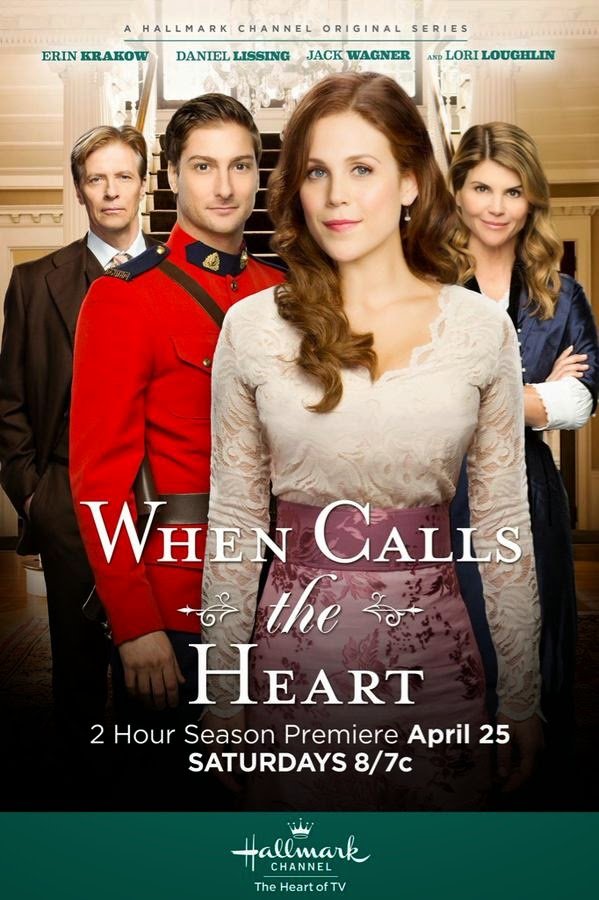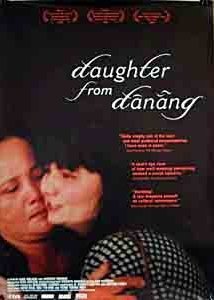“Between the Lines”

| None | Light | Moderate | Heavy | |
|---|---|---|---|---|
| Language | ||||
| Violence | ||||
| Sex | ||||
| Nudity |
What You Need To Know:
DAUGHTER FROM DANANG is a documentary about an adopted Vietnamese-American woman’s return to Vietnam to see her impoverished birth mother. Fearful that her mixed-race child might be abused by the Communists, her birth mother gave up the 7-year-old girl in 1975. Renamed Heidi, the little girl was raised by a possessive, abusive single mother in Tennessee. When Heidi gets to Vietnam, her mother smothers her with love, but soon cultural differences come between them. The daughter decides to leave a few days early. The mother, brother and half-sisters come to her and say she has the responsibility to provide for her family and should send money every month.
DAUGHTER FROM DANANG is an incredibly powerful, emotional movie. Some of the camera work is shaky, but the dynamics of the story are captivating. What was not said overtly can be discerned between the lines. It becomes clear that the freedom in America produces an abundant lifestyle, which anyone would choose over the impoverished life of her birth family in Communist Vietnam. Their struggle to survive says volumes about the difference between Communism and freedom. Certainly this movie deserves all the critical acclaim it is receiving.
Content:
(H,V,N,A,D,M) Humanist worldview with some moral elements; no foul language; the violence of children being taken away from their mothers; no sex; the bathing of nude little babies; drinking; smoking; and, lying, greed and deception.
More Detail:
In 1975, the United States instituted Operation Babylift where the U.S.. Government brought 2,700 mixed race Vietnamese-American children back to the United States. These orphans were quickly placed in homes through the U.S.
DAUGHTER FROM DANANG contends that part of the reason for Operation Babylift was to whip up public support for the war when it was drawing to a close. The movie also makes the case that the Vietnamese mothers were filled with fear that the Communists would harm them and kill their mixed blood children, and that this is the only way their half American children could survive. Some of the children were literally ripped from their mothers’ arms.
Operation Babylift was not well planned, with no list of the mothers and the children. One plane crashed, killing 1200 children.
One little girl named Hiep is the focus of the movie. Her Vietnamese mother’s voiceover tells the audience that she didn’t want to give up her baby, who was actually four or five-years-old. Hiep was adopted by a single white American woman in Polaski, Tennessee. (The audience is reminded that Polaski was the birthplace of the Ku Klux Klan.)
Renamed Heidi, Hiep grew up as an All American girl. Her adoptive mother, however, was harsh and very protective. At the age of 18, when Heidi stayed out 10 minutes too late, her adoptive mother locked the door and cut her off permanently.
Heidi got married to a soldier, and at 22 started searching for her Vietnamese mother. Through a strange coincidence whereby a letter from her Vietnamese mother had reached a social worker in the United States, she found her, and the Vietnamese born social worker in the Untied States helps Heidi to go back to visit her mother for one week.
When she arrives in Danang, her mother, half-brother and half-sisters smother her with love. Danang, however, is an impoverished Asian community. Her mother’s home is barely a hut. The family washes outside.
Soon Heidi is uncomfortable in this completely different cultural environment. When she decides she wants to leave a few days early, her mother, brother and sisters come to her and say she has the responsibility to provide for her family and should send money every month. She is horrified. In turn, they are horrified by her lack of family responsibility.
DAUGHTER FROM DANANG is an incredibly powerful, emotional movie. The audience at a normal theatrical screening applauded at the end.
Much of the emotional power of the movie comes from the fact that the trip to reunite with her birth mother keeps taking unexpected turns. The birth mother loves Heidi, but was also very aggressive in her desire to survive at any cost (including giving up her daughter many years before and pressuring Heidi for money during the visit).
The movie intended to show that the United States had harmed these children, and the government may have very well done just that. Certainly, the soldiers should have been disciplined for leaving these mixed race children behind. These soldiers showed no moral character, although many other soldiers did.
On the other hand, the movie shows freedom in American produces an abundant lifestyle, which anyone, including Heidi, would choose over the impoverished life of her family in Communist Vietnam. Her family’s struggle to survive says volumes about the difference between Communism and freedom.
This movie was produced on a low budget. Some of the camera work is shaky, but the dynamics of the story are captivating. What was not said overtly can be discerned between the lines. Certainly this movie deserves all the critical acclaim it is receiving.


 - Content:
- Content: 

